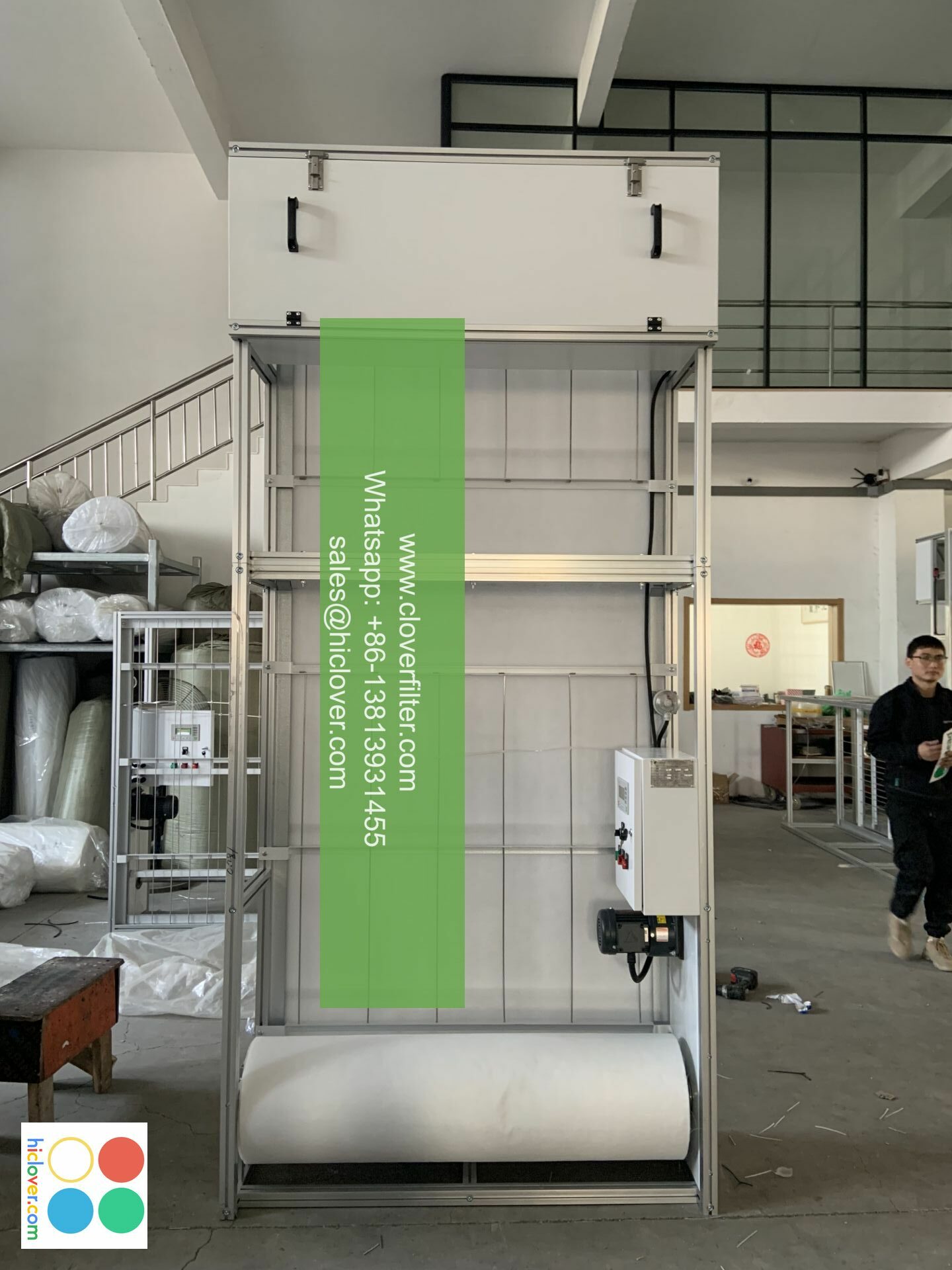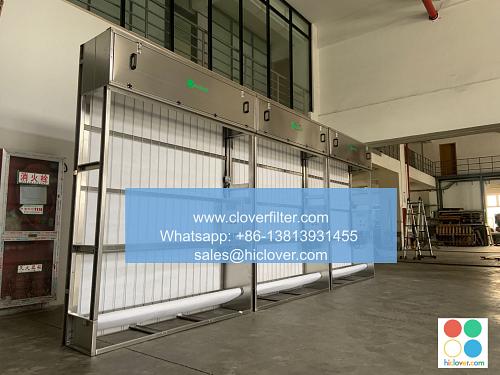How to Clean and Replace Your Air Filter for Better Air Quality

How to Clean and Replace Your Air Filter for Better Air Quality
Good air quality is essential for both our health and the health of our homes. A good air filter is the first line of defense against airborne pollutants and allergens, and maintaining a clean and functional air filter is crucial. In this article, we will explore the importance of cleaning and replacing air filters and provide a step-by-step guide on how to do it effectively.
Why Clean and Replace Air Filters?
Air filters can accumulate dust, dirt, and allergens over time, making it difficult for your HVAC system to function efficiently. Not only does this lead to decreased air quality, but it can also increase the risk of respiratory problems, allergic reactions, and even carbon monoxide poisoning. Regular cleaning and replacement of air filters are essential to:
- Improve indoor air quality
- Reduce allergies and asthma attacks
- Increase the efficiency of your HVAC system
- Extend the lifespan of your air conditioning and heating units
- Reduce energy bills
- Remove the filter from the air handler unit or furnace.
- Rinse the filter gently with a mild detergent and warm water.
- Let it dry completely before reinstalling it.
- Remove the filter from the air handler unit or furnace.
- Dispose of the filter in an eco-friendly manner.
- Replace it with a new one.
- Measure Your Filter: Before buying a new filter, make sure to measure the length and width of your current filter to ensure a proper fit.
- Choose the Right Filter: Select a filter with the same dimensions, material, and MERV rating as your current filter (MERV is the Minimum Efficiency Reporting Value, with higher MERV ratings indicating better filter quality).
- Install Your New Filter: Place the new filter in the air handler unit or furnace, making sure it’s securely fastened.
- Replace your air filter every 1-3 months, depending on usage and manufacturer recommendations.
- Use a filter with a higher MERV rating for better air quality and increased efficiency.
- Consider upgrading to a smart air filter that can detect and alert you when it needs to be replaced.
- Don’t forget to clean your air filter regularly to reduce dust and debris accumulation.
How to Clean an Air Filter
Before cleaning and replacing your air filter, make sure to turn off and disconnect the power to your HVAC system. Here’s a step-by-step guide on how to clean your air filter:
Method 1: Washable Filters
Method 2: Disposable Filters
How to Replace an Air Filter
If your air filter is non-washable, it’s time to replace it. Here’s how:
Tips and Tricks
Conclusion
In conclusion, maintaining a clean and functional air filter is crucial for both your health and the health of your home. By following the steps outlined in this article, you can improve indoor air quality, reduce allergies and asthma attacks, and increase the efficiency of your HVAC system. Remember to replace your air filter regularly and consider upgrading to a smart air filter for added peace of mind.
A prompt!
What is your prompt? I’m ready to respond! Type away, and I’ll do my best to help.

